Poet Helal Hafiz, one of Bangladesh’s most beloved literary figures, was laid to rest on Saturday with an outpouring of love and respect.
His funeral was marked by heartfelt tributes, with his coffin covered in flowers, and mourners openly grieving the loss of a man whose poems had touched the hearts of many.
Officials from the government, as well as poets, journalists, and other members of the public, came together to honor him in his final moments.
On December 14, 2024, at 11 a.m., Helal Hafiz’s body was brought to the Bangla Academy in Dhaka.
There, the poet was remembered with floral tributes, and his first funeral prayer was offered.
His elder brother, Dulal Abdul Hafiz, conducted the prayer.
Afterward, the body was taken to the National Press Club for a second funeral prayer, and from there, it was taken to Mirpur’s Shaheed Buddhijibi Graveyard, where the poet was laid to rest.
Helal Hafiz, who lived alone for much of his life, spent his last days in a hostel named Super Home in Shahbagh, Dhaka.
Tragically, he fell in the bathroom on the afternoon of December 13, suffering a serious head injury.
He was rushed to the Bangabandhu Sheikh Mujib Medical University (BSMMU), where doctors declared him dead.
Among those who came to pay their respects at the Press Club were political advisor Asif Nazrul, filmmaker Moshtofa Sarwar Farooki, and Shafiqul Alam, the press secretary to the chief advisor.
At the Bangla Academy, cultural figures like Farooki, as well as interim government advisor and freedom fighter Faruk-e-Azam (Bir Protik), and Bangla Academy’s director-general Mohammad Azam, were also present.
Various cultural and literary organizations, including the National Press Club, the National Poetry Council, and the Ministry of Culture, joined the tribute, laying flowers in honor of the poet’s memory.
Farooki, reflecting on Helal Hafiz’s solitary life, said, “He chose to live alone, and that was his decision. While some of us may feel sadness for him, I don’t believe he ever regretted that choice.”
When asked about the possibility of the poet receiving state honors, Farooki added, “Helal Hafiz won the love of countless readers.
Gaining such admiration from a single poetry book is a rare achievement.
As far as I know, he never received the Independence Award or the Ekushey Padak, though his work deserves recognition.
Many of his writings remain unpublished, but if the Ministry of Culture can do something, we will support it.”
Helal Hafiz was born on October 7, 1948, in the village of Bartali, in Atpara Upazila of Netrokona.
His father, Khorshed Ali Talukder, was a schoolteacher, and his mother, Kokila Begum, was a homemaker. Despite coming from a modest background, Hafiz’s life and work would go on to have a major impact on Bangladesh’s literary world.
Although he lived a somewhat unconventional, bohemian life, Hafiz pursued journalism as his career and worked as a reporter and editor for several newspapers. His most recent role was as a literary editor at Daily Jugantor.
Helal Hafiz’s poetry first brought him national fame in 1969 with his poem Nishiddho Sampaadokiyo (Prohibited Editorial).
The poem became a rallying cry during the mass uprising of the time, with lines such as “Now, for those with youth, the best time is to join the procession; Now, for those with youth, the best time is to go to war.”
These words became deeply connected to the country’s fight for independence. Later, the poem was widely quoted during the anti-autocratic protests of the 1990s.
His first poetry collection, Je Joley Agun Jole (The Fire that Burns in Water), became a major success, going through more than 33 editions. Despite his early fame, Helal Hafiz kept a low profile for many years, withdrawing from the public eye.
After 25 years, in 2012, he returned with his second book, Kobita Ekattor (Poetry 71). His third and final book, Bedonake Bolchi Kendo Na (I Tell Sorrow Not to Cry), was published in 2019.
Helal Hafiz didn’t write prolifically, but when he did, his words carried a unique power. His poetry became more than just literature; it became part of the fabric of the nation’s social movements and a source of deep emotional connection for his readers.
His poems, which had the power to unite people in protest, also had the gentleness to evoke love and tenderness. In many ways, Helal Hafiz’s poetry transcended books—it became an expression of life itself, even appearing on greeting cards, connecting with his readers in unexpected and lasting ways.
Through his work, Helal Hafiz became a voice for many—both in times of struggle and in moments of quiet reflection.
As Bangladesh bids him farewell, his legacy as one of the country’s most iconic poets remains indelible in the hearts of all who were touched by his words.


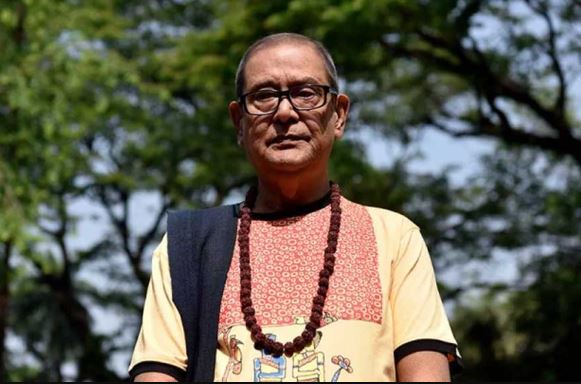


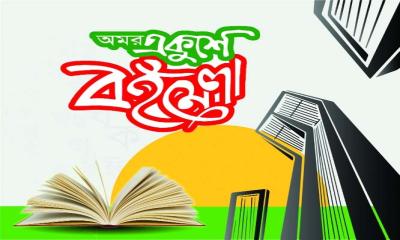


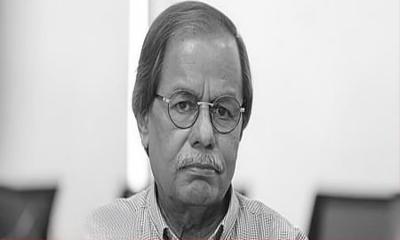

-20260107111805.webp)


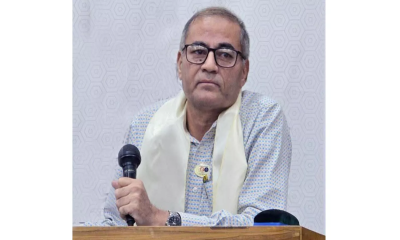



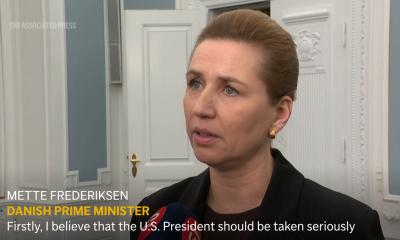
-20260107070753.jpeg)






-(2)-20260102070806.jpeg)

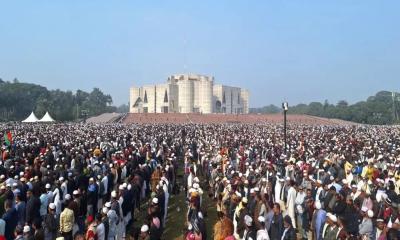
-(25)-20251122062715-20260105041159.jpeg)
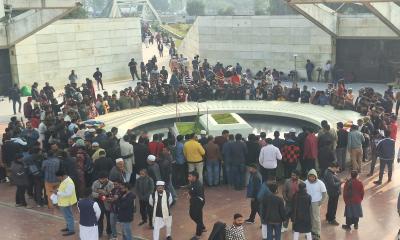


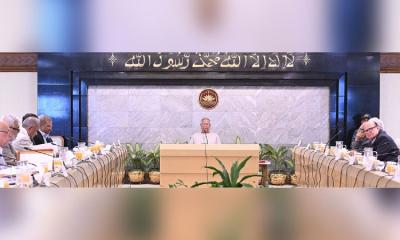

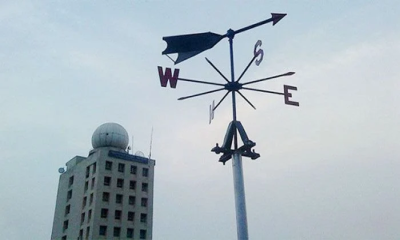
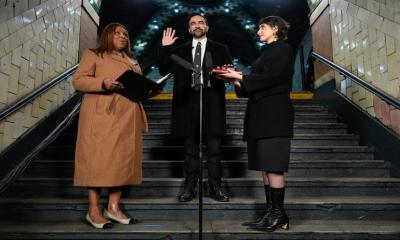
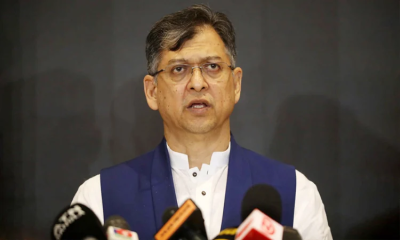
-20260103102222.webp)

